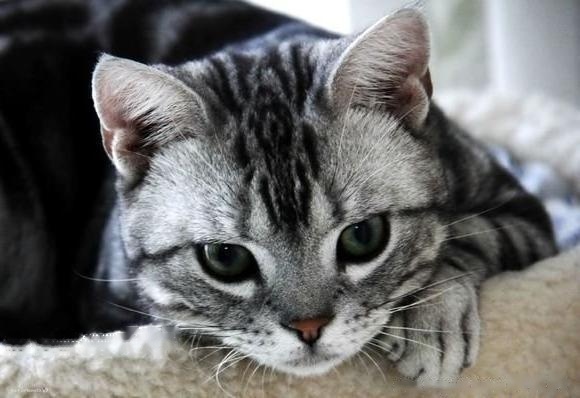Parents who raise cats usually encounter the problem of cat sterilization. Of course, the necessity and importance of cat sterilization need not be discussed. However, cat sterilization will greatly damage the cat's vitality, so parents must take care of it carefully After the cat has undergone surgery, try to make the cat recover as soon as possible.

Post-neuter cat care:
1. Bring cats home: Do not attempt to The veterinarian takes over the cat that has just been operated on. They are specially trained to hold the cat. All you have to do is open the pre-prepared box and let the veterinarian lay the cat flat. Gently cover the cat with a small quilt. Be careful to keep your head out of the way to keep the cat breathing smoothly.
2. Give the cat eye drops in time, one drop every 2 minutes or so, or extend/shorten the interval depending on the dryness of the cat's eyeballs.
3. If you want, you can check the cat's mouth, pull out the cat's tongue, and dry the mucus in the mouth, so that the cat's mouth can be kept half-open for easy breathing.
4. You can also put a small piece of folded towel under the cat's shoulder and let the cat's head hang down slightly, so as to prevent the mucus (or vomit) in the cat's mouth from flowing into the cat's mouth. Throat obstructs breathing. This position is called the recovery position.
5. You can hold the cat's paw gently with your hand, her paw will be very cold at this time.
6. Be sure to avoid bumping, shaking and moving the cat without authorization, and try to let the cat sleep for a while under the control of anesthesia. Because after waking up, it will be very painful. (Don't use a wake-up needle) 7. During the cat's anesthesia, you can trim his nails (applicable to domestic cats), and you can also ask the doctor to check his ears to see if there are ear mites. Generally stray cat ears will be dirty, you can clean it with a cotton swab.
From surgery to recovery: This stage is about 3-5 hours. According to the cat's physical fitness, healthy cats wake up faster. Some cats woke up an hour after the operation, while others slept for a full day. When the cat is lethargic, what we can do:
1. Put the cat box in a quiet and warm place, never put it in a high place, avoid sunlight irradiate. Stand by and don't leave.
2. Drop eye drops every few minutes, and wipe the outflowing eye drops with cotton wool.
3. Observe the cat's breathing, pulse and body temperature. Once a serious abnormality occurs, contact the veterinary hospital in time. (Cat's pulse: 160-240 beats/min Body temperature: 38-39 breaths: 20-30 beats/min) If you find that the cat is breathing rapidly and there is wheezing (it seems that there is phlegm in the throat), you must contact the hospital immediately. It is recommended that the cat wake up in the hospital (at least he can lie up and lift his head) before leaving the hospital.
4. Pay attention to heat preservation. If it is a low temperature season, you can put a warm water bag in the cat's box. Pay attention to keep the room ventilated and dry, but be sure to avoid the wind blowing directly to the cat.
![[Dog Training 5] The training method of pet dog dining etiquette](/static/img/12192/12192_1.jpg)




